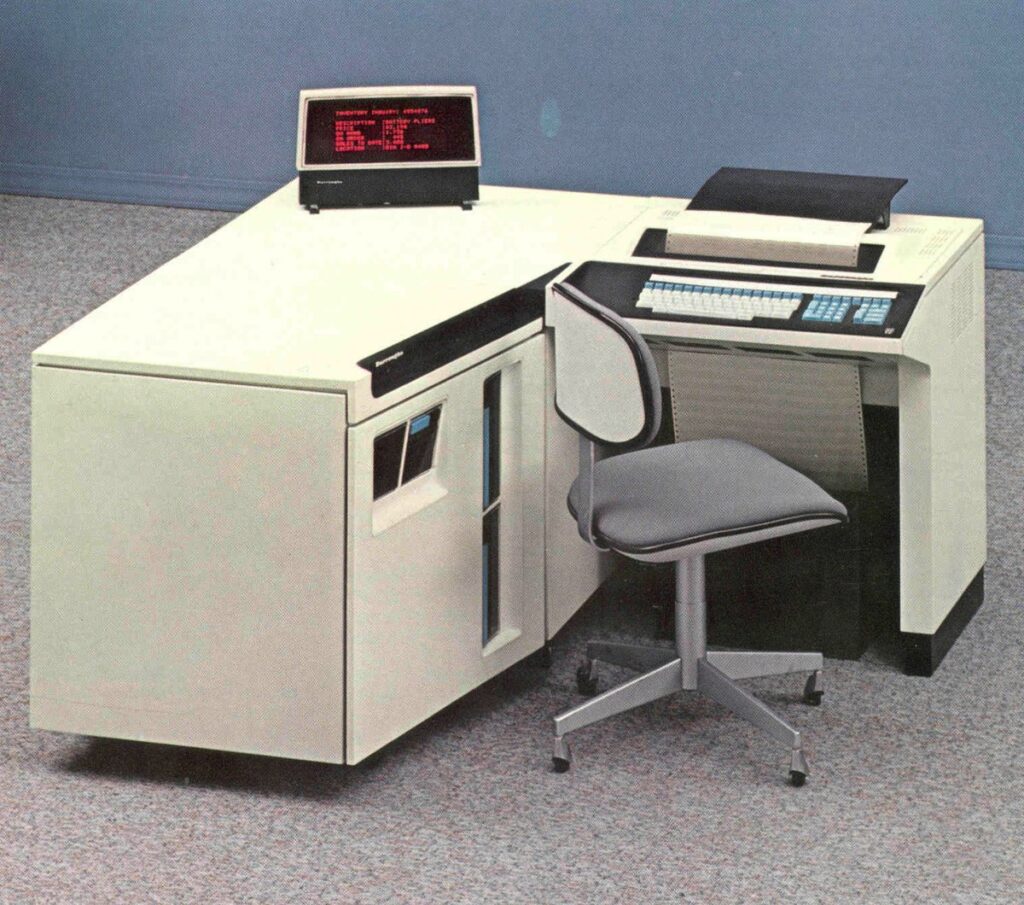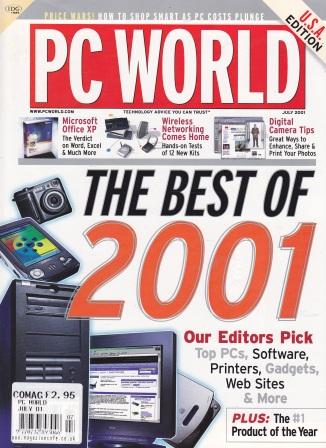A Personal Journey Through Technological Evolution and Industry Insights
It’s truly astounding how much my world has changed over the past 50 years. In the late 1970s, I owned a business and prided myself on having a state-of-the-art small business computer: the Burroughs B90. Primitive by today’s standards, it ran on 8-inch floppy disks and boasted a mere 16K of memory.

Burroughs B90 computer
A few years later, I upgraded to a Commodore, followed by a Sanyo MBC 885 portable computer running CPM. Fast forward to today, I find myself with a Chromebook, a Microsoft Surface, and a two-year-old Dell laptop. But this journey wasn’t without its pitfalls; I made plenty of buying mistakes along the way.
So, what does my tech evolution have to do with failed and soon-to-be-failing modular factories? The connection lies in the process of learning and adapting.

When I transitioned from one computer to another, I had a wealth of resources at my disposal. PC World magazine became my go-to advisor, friends offered their advice, and I could always turn to my son’s genius friend for guidance. Unfortunately, this kind of supportive ecosystem is sorely lacking in the modular housing industry. Associations rarely discuss factory failures openly, and articles often skirt around the real reasons behind a company’s downfall.
Each factory’s story is unique, but common threads run through their failures—lack of accessible information and open dialogue. Unlike the tech world, where you can find endless resources and experts eager to help, the modular housing industry is an information desert. Associations don’t address failures candidly, colleges don’t offer courses on “Modular Factory Startup,” and getting straight answers from former employees is like pulling teeth.
What we’re left with are upper management and founders of failed companies starting consulting businesses. They promise to teach new wannabe modular home factory owners how to start a factory, but often, it’s more about “show me the money and I’ll help you fail just like I did.” It’s hard to imagine any new factory owner or their investors wanting to sit through a class that explains how other companies have failed. Why would they? They’re convinced they won’t fail.
So, what options should be available to anyone thinking of starting a modular home factory?
First, there needs to be a centralized repository of case studies on factory failures. Real, honest accounts of what went wrong, so new entrepreneurs can learn from past mistakes. Associations should take a proactive role in collecting and sharing this information.
Second, mentorship programs are crucial. Pairing new factory owners with seasoned veterans who’ve seen the ups and downs of the industry can provide invaluable insights and prevent costly mistakes.
Third, modular housing should be integrated into business and construction curriculums at colleges and universities. Offering specialized courses can prepare the next generation of factory owners with the knowledge they need to succeed.
Lastly, fostering a culture of transparency within the industry is essential. Encouraging open dialogue about challenges and failures can demystify the process and make it easier for everyone to learn and grow.
Modcoach Note
Just as a supportive community and abundant resources guided my journey through the evolving world of computers, the modular housing industry needs to build a similar ecosystem. Only then can we turn the tide on factory failures and pave the way for a more resilient future.
.
CLICK HERE to read the latest edition
Contact Gary Fleisher












